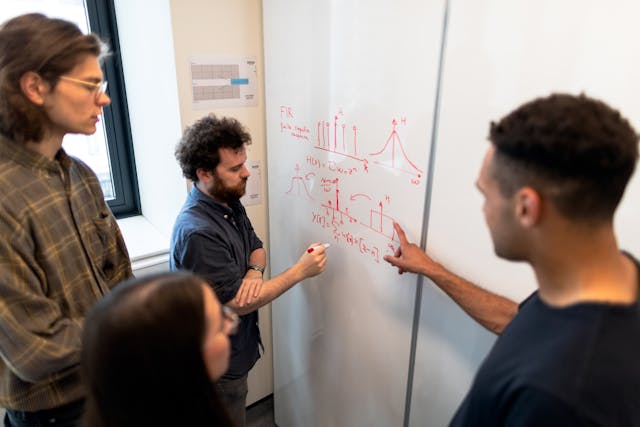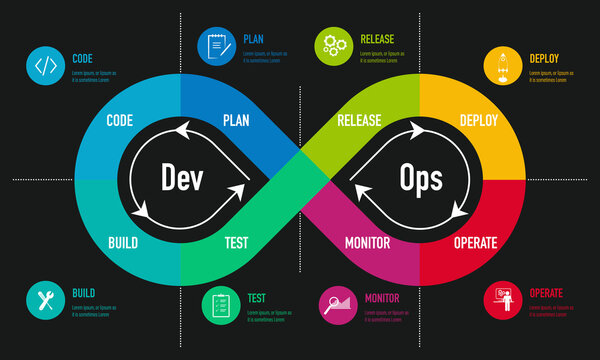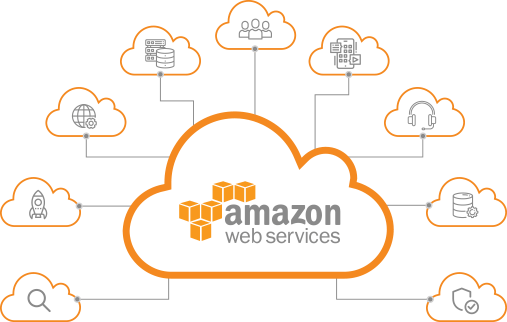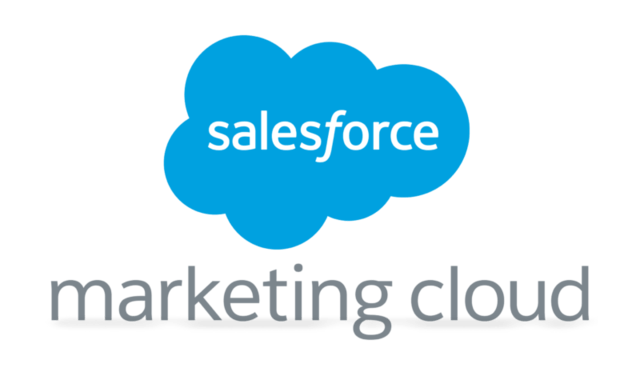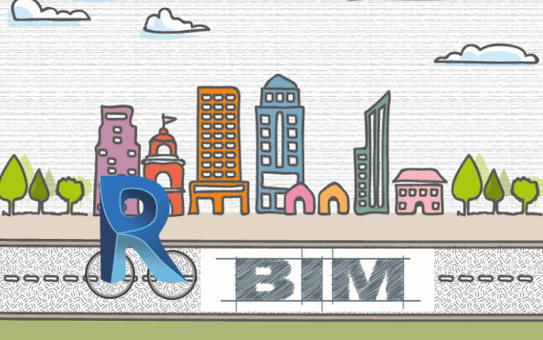In the world of data, data science and data analytics are two crucial fields that often overlap but have distinct roles and purposes. Understanding the differences between them can help you choose the right career path or enhance your data-related skills. Here’s a detailed comparison of data science and data analytics to clarify their unique aspects.
What is Data Science?
Definition and Scope
Data science is an interdisciplinary field that uses scientific methods, algorithms, and systems to extract knowledge and insights from structured and unstructured data. It encompasses a broad range of techniques and processes for data collection, data processing, and advanced data analysis.
Key Components
- Mathematics and Statistics: Core to understanding data patterns and making predictions.
- Programming: Essential for data manipulation and model building. Common languages include Python and R.
- Machine Learning: Techniques for creating predictive models and learning from data.
- Big Data Technologies: Tools like Hadoop and Spark for processing large datasets.
- Data Visualization: Techniques for presenting data in a clear and understandable way.
Goals and Objectives
- Predictive Modeling: Creating models to forecast future trends based on historical data.
- Data Engineering: Building and maintaining systems to manage and analyze data.
- Advanced Analytics: Using complex algorithms to uncover hidden patterns and relationships.
Typical Use Cases
- Predictive Analytics: Forecasting sales, customer behavior, or market trends.
- Recommender Systems: Personalizing product recommendations on e-commerce platforms.
- Natural Language Processing (NLP): Analyzing text data for sentiment analysis or chatbots.
What is Data Analytics?
Definition and Scope
Data analytics focuses on interpreting existing data to make informed decisions and solve specific business problems. It involves the systematic computational analysis of data, typically with the goal of identifying patterns, correlations, and trends.
Key Components
- Descriptive Analytics: Analyzing historical data to understand what happened. Common tools include SQL and Excel.
- Diagnostic Analytics: Investigating data to understand why something happened.
- Predictive Analytics: Using historical data to predict future events, though this is often less complex compared to data science.
- Prescriptive Analytics: Recommending actions based on data insights.
Goals and Objectives
- Understanding Trends: Analyzing data to recognize trends and patterns.
- Reporting: Creating reports and dashboards to inform stakeholders.
- Decision Support: Providing actionable insights to support business decisions.
Typical Use Cases
- Sales Analysis: Evaluating sales performance and customer preferences.
- Operational Efficiency: Analyzing processes to improve efficiency and reduce costs.
- Customer Insights: Understanding customer behavior and preferences to enhance marketing strategies.
Key Differences Between Data Science and Data Analytics
1. Scope and Complexity
- Data Science: Broader and more complex, involving advanced techniques such as machine learning, big data technologies, and predictive modeling.
- Data Analytics: More focused on interpreting existing data and providing actionable insights through descriptive and diagnostic analysis.
2. Skill Set and Tools
- Data Science: Requires a deep understanding of mathematics, statistics, programming, and machine learning. Tools include Python, R, Hadoop, and Spark.
- Data Analytics: Emphasizes data interpretation, reporting, and basic predictive analytics. Tools include SQL, Excel, Tableau, and basic statistical software.
3. Objectives and Outcomes
- Data Science: Aims to build models and systems that can make predictions or automate decision-making. Often involves exploratory data analysis and complex problem-solving.
- Data Analytics: Focuses on analyzing historical data to provide reports and support business decisions. Emphasizes understanding past trends and making informed decisions based on that analysis.
4. Data Handling
- Data Science: Deals with both structured and unstructured data, often requiring sophisticated data cleaning and preprocessing techniques.
- Data Analytics: Primarily works with structured data and focuses on cleaning and summarizing data for analysis.
5. Impact on Business
- Data Science: Drives innovation and strategic decision-making by creating predictive models and uncovering insights that lead to new opportunities.
- Data Analytics: Supports operational and tactical decision-making by providing clear insights and recommendations based on existing data.
Conclusion
In summary, while data science and data analytics both deal with data, they serve different purposes and require distinct skill sets. Data science is a broader field focused on building complex models and systems to derive predictive insights from data, while data analytics is more focused on analyzing historical data to understand trends and support decision-making.
Both fields are essential in today’s data-driven world, and each offers unique opportunities and challenges. Whether you choose to pursue a career in data science or data analytics, understanding these differences can help you make an informed decision and excel in your chosen path.

